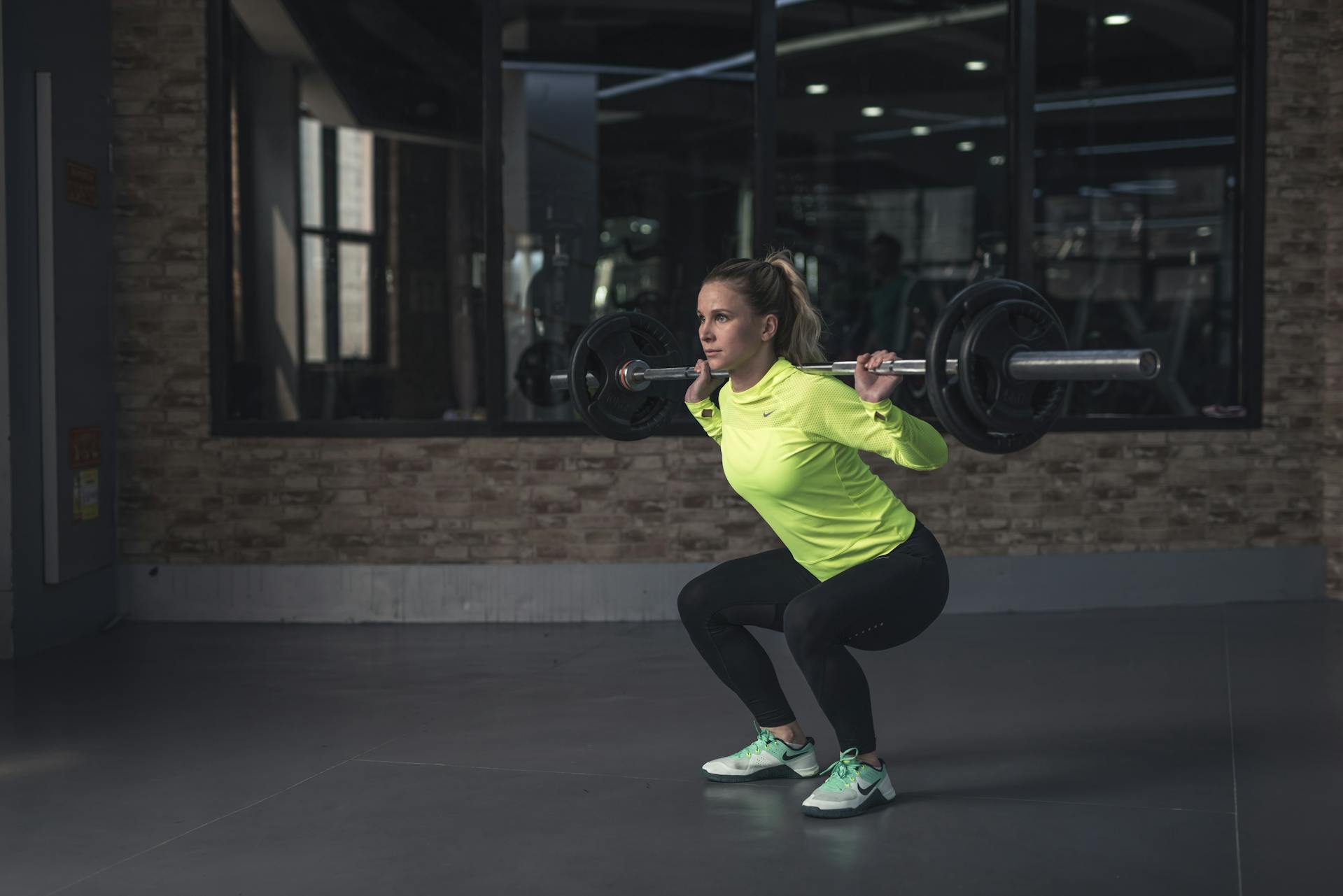Achieving and maintaining a healthy body composition is a multifaceted endeavor that involves not only exercise but also proper nutrition and hydration. Whether your goal is to build muscle, lose fat, or improve overall fitness, fueling your body correctly is essential. Let’s explore evidence-based strategies supported by research to help you optimize your exercise fueling for a healthier body composition.
Firstly, overall nutrition plays the most fundamental role in supporting exercise performance and promoting a healthy body composition. A balanced diet that provides the necessary macronutrients—carbohydrates, proteins, and fats—along with micronutrients, vitamins, and minerals, is crucial.
- Carbohydrates: Carbohydrates are the body’s primary energy source during exercise. Consuming an adequate amount of carbohydrates before and after exercise can help fuel workouts and replenish glycogen stores. A study in Sports Medicine demonstrated that carbohydrate availability during exercise enhances performance and promotes recovery.
- Proteins: Protein is essential for muscle repair and growth. Consuming protein post-exercise can help stimulate muscle protein synthesis and facilitate recovery. Research suggests that consuming protein within close proximity to exercise promotes muscle protein synthesis and enhances muscle recovery.
- Fats: Healthy fats provide sustained energy and support overall health. Including sources of omega-3 fatty acids, such as fatty fish, nuts, and seeds, may have beneficial effects on body composition and exercise performance.
Proper pre-workout nutrition ensures that your body has the energy and nutrients it needs to perform optimally during exercise. Consuming a balanced meal containing carbohydrates, proteins, and fats 2-3 hours before exercise allows for proper digestion and absorption of nutrients. Choose easily digestible carbohydrates, such as fruits, whole grains, or low-fat dairy, for quick energy. Include a moderate amount of protein to support muscle repair and growth. Finally, drink plenty of water to ensure proper hydration before exercise, as dehydration can impair performance.
Post-exercise nutrition is crucial for recovery and muscle repair. Consuming a combination of carbohydrates and protein within 30-60 minutes after exercise helps replenish glycogen stores and stimulate muscle protein synthesis. Opt for high-glycemic carbohydrates to quickly replenish glycogen stores and sources of high-quality protein, such as whey, to promote muscle recovery and repair.
Proper hydration is essential for optimal exercise performance and overall health. It is not only important to drink fluids during exercise, but before and after as well. A quick check to gauge your hydration levels is to monitor urine color and body weight. While not always necessary, you can also consider consuming electrolyte-rich beverages or sports drinks during and after prolonged or intense exercise to replace electrolytes lost through sweat.
Fueling exercise properly is essential for promoting a healthy body composition and metabolism, and optimizing performance. It is always best to tailor your approach based on individual preferences, resting metabolic rate and VO2 Max testing data, and short- and long-term fitness goals.
Want to work with a team who can propel you to new heights in your body composition journey? Speak with our experts today to get started!



